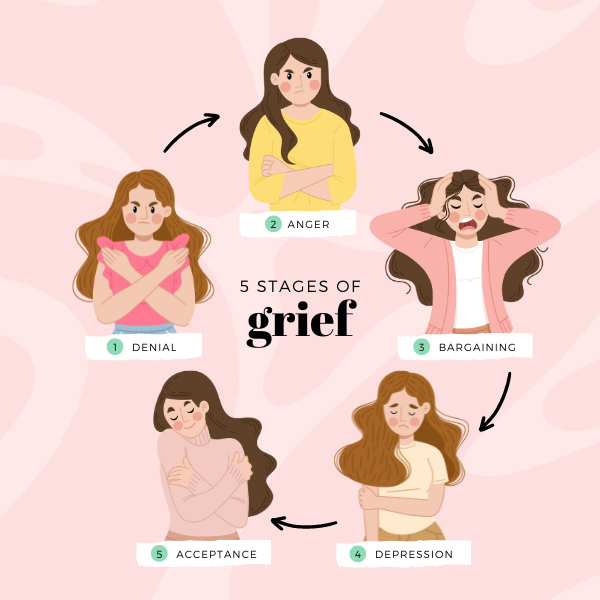Guide to Navigating the Trauma of Personal Loss: Coping and Healing
Dealing with the trauma of personal loss can be an overwhelming and challenging experience. This guide aims to provide information on understanding and coping with the trauma associated with personal loss. Whether you have experienced loss yourself or are supporting someone who has, it’s crucial to know how to navigate through grief and healing. Let’s explore this sensitive and important topic together.
understanding the trauma of personal loss
Personal loss can encompass various forms, such as the death of a loved one, the end of a significant relationship, the loss of a job, or any major life change that leaves an emotional impact. It is essential to recognize that grieving is a natural response to loss, and the healing process is unique to each individual.
the grieving process
The stages of grief, often referred to as the “Five Stages of Grief,” were initially proposed by psychiatrist Elisabeth Kübler-Ross in her 1969 book “On Death and Dying.” These stages are not necessarily experienced in a linear or uniform manner; individuals may move back and forth between stages, skip stages, or experience them in different orders.


